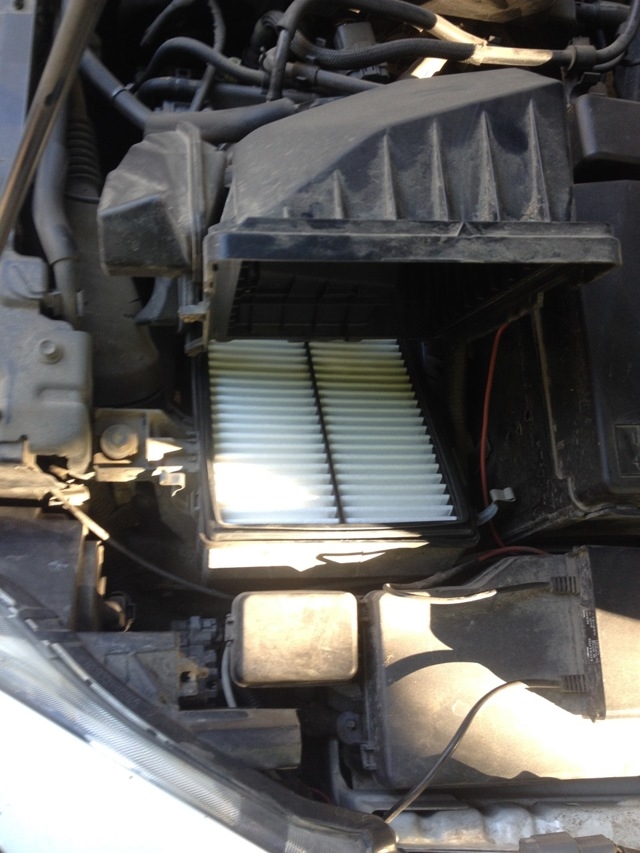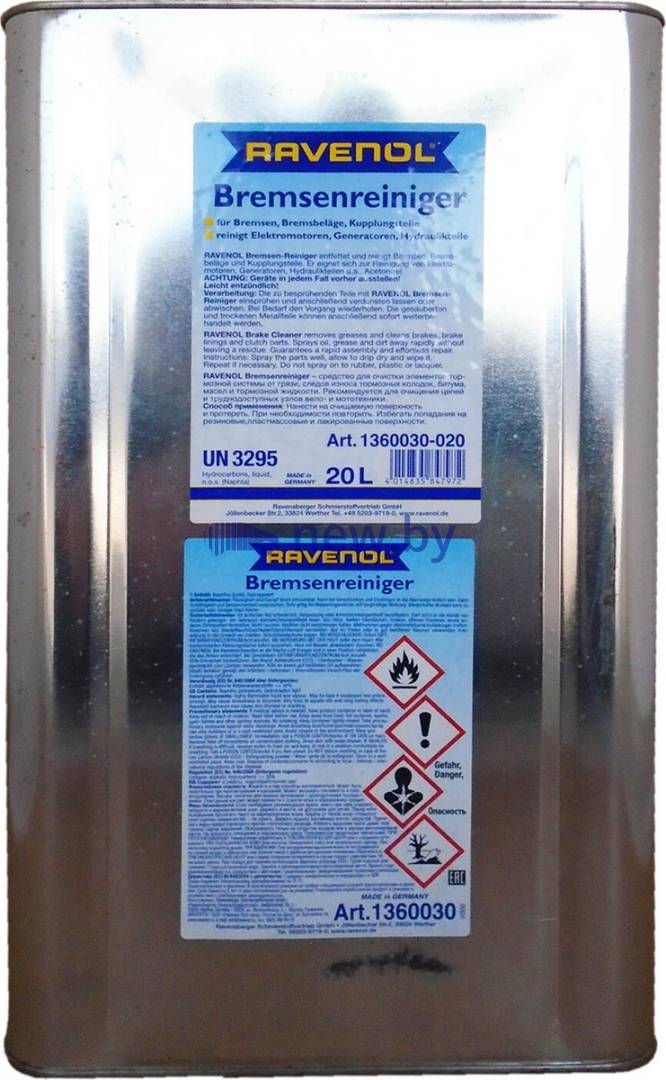Author Email:
A Indiana used car dealer who attempted to advertise A-Model S to a lady who could not go a state’s credit check, that girl filed a lawsuit against the dealer and also the auto company, including the likes of those titles Nissan, General Motors, and Ford
The automobile had been called in a suit being an case of the misuse of fresh car warranties. This is not initially that a car dealership has been named at a customer’s litigation.
Just how should you sell a car under warranty? How can a dealer know if the manufacturer’s warranty still covers the vehicle? These are all particularly if the purchaser knows he or she’s a issue with the motor of all the car. It appears good belief that should a dealership understands you have a problem by means of your car they will not provide you with an automobile.
The following issue for a trader selling a secondhand car would be whether they will support the client whether or not she’s trouble in locating insurance coverage policy. In certain countries it’s prohibited to get a used car dealer to deny policy for virtually any reason. The same goes for vehicle title fraud.
About February 10, 2020,” Stanford Law Review published an article by Michael Swenson entitled,”The Used Car Lemon Law of Surprise,” which specifically dealt with the issues of a used car dealer selling a lemon under the customer’s title. It also gave some information about how consumers may see to it that the sale of a used vehicle is real and maybe fraud.
As an instance, Swenson suggests that a consumer request a name, make and model, should request the history of the car and scrutinize the vehicle. He advises the client needs to ask for a car history study on the car as it had been damaged as the dealer could have only delivered a car straight back or it could possibly be damaged although also the dealership knows about that. Additionally, it counsels a user request the vehicle’s mileage and should insist which the car or truck include a charge of sale.
The Stanford Law Review’s writers argue that the used-car dealer is selling a fresh car with a guarantee, maybe not just a secondhand car that may have problems. They urge an unaffiliated guarantee investigator be called prior to buying a car from a buy essays merchant.
Are all car traders selling the very http://www.temple.edu/grad/policies/index.htm exact automobiles and trucks? Swenson argues a trader’s reputation is crucial and not due to service. This is called an responsible and ethical thing todo by him.
In his piece, Swenson also points out that essaycompany com car dealers often misrepresent warranties in order to give the impression that a warranty is in effect. This is unethical is illegal in many states. Many of these laws are in place to protect consumers and are meant to prevent fraud in the car market.
There is no clear proof that used car dealers will not knowingly sell a lemon. However, Swenson points out that car dealers should not deceive their customers and might be held accountable if they do so.
The following report is a very superior study for everybody who’s in from the world of the Jane Sally, specifically, cars, junk-yard, fraud, Yukon, limousine, Honda civic, along with junk-yard vehicles of the planet. Swenson’s opinions provide a stable legal framework to utilize whenever choosing an automobile and are invaluable in providing an heads up to users.
I would suggest that consumers get a copy of the law before heading off to buy a used car. Not only will this give you insight into the topic but will be helpful in determining the use of the laws if you feel you have a lemon auto in your possession.
This short article originally appeared on our Legislation evaluation. For content on legal issues of interest, please remember to stop by our site.
330 total views, no views today








